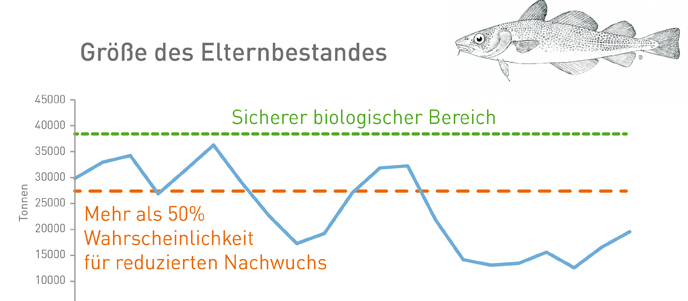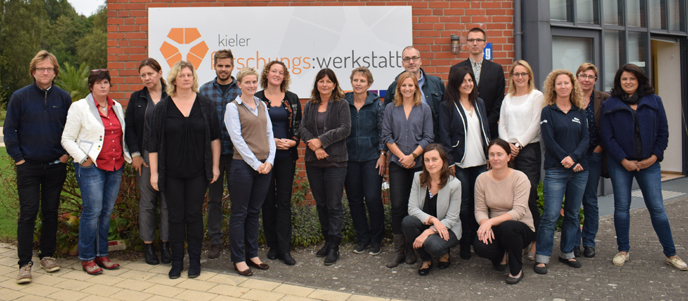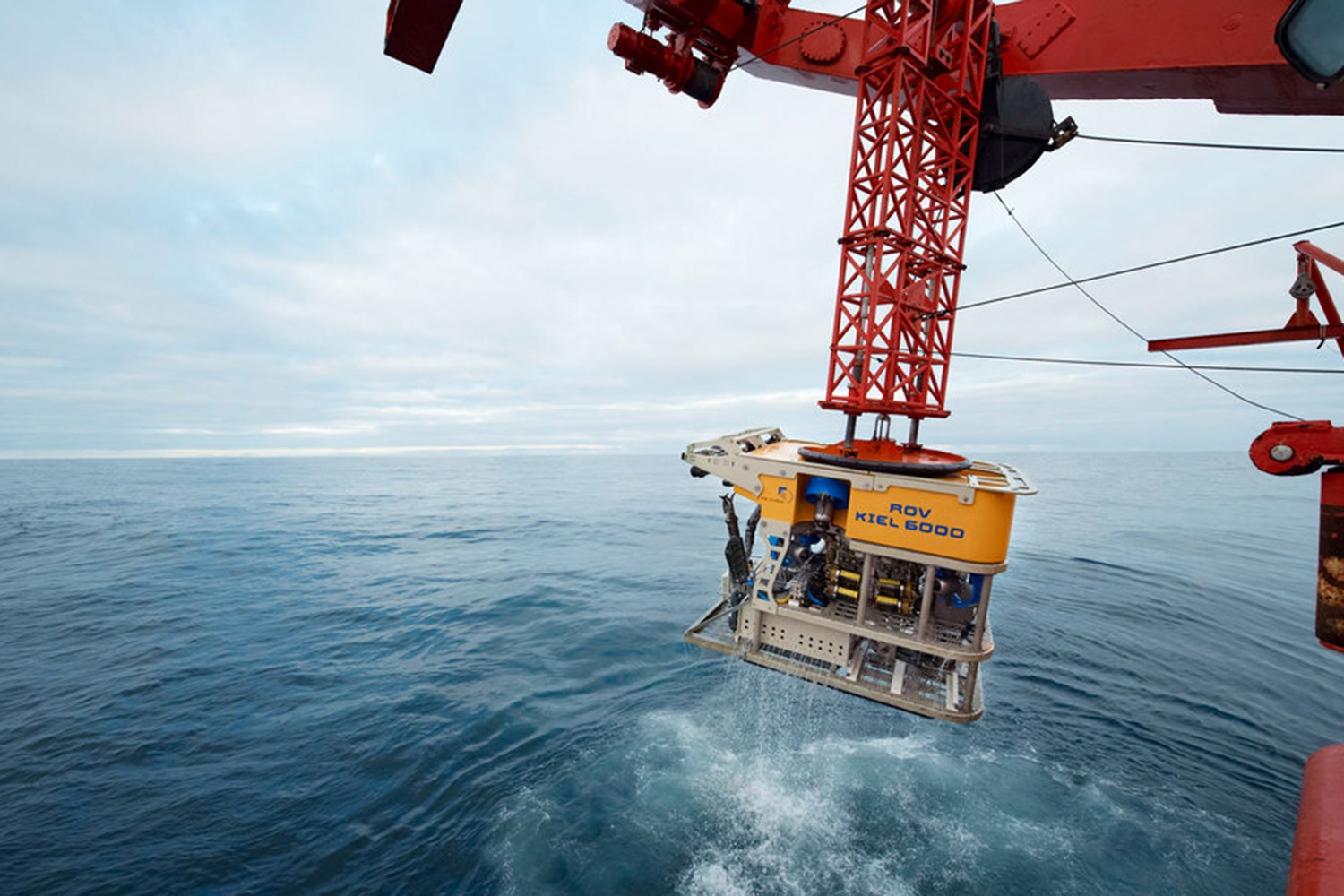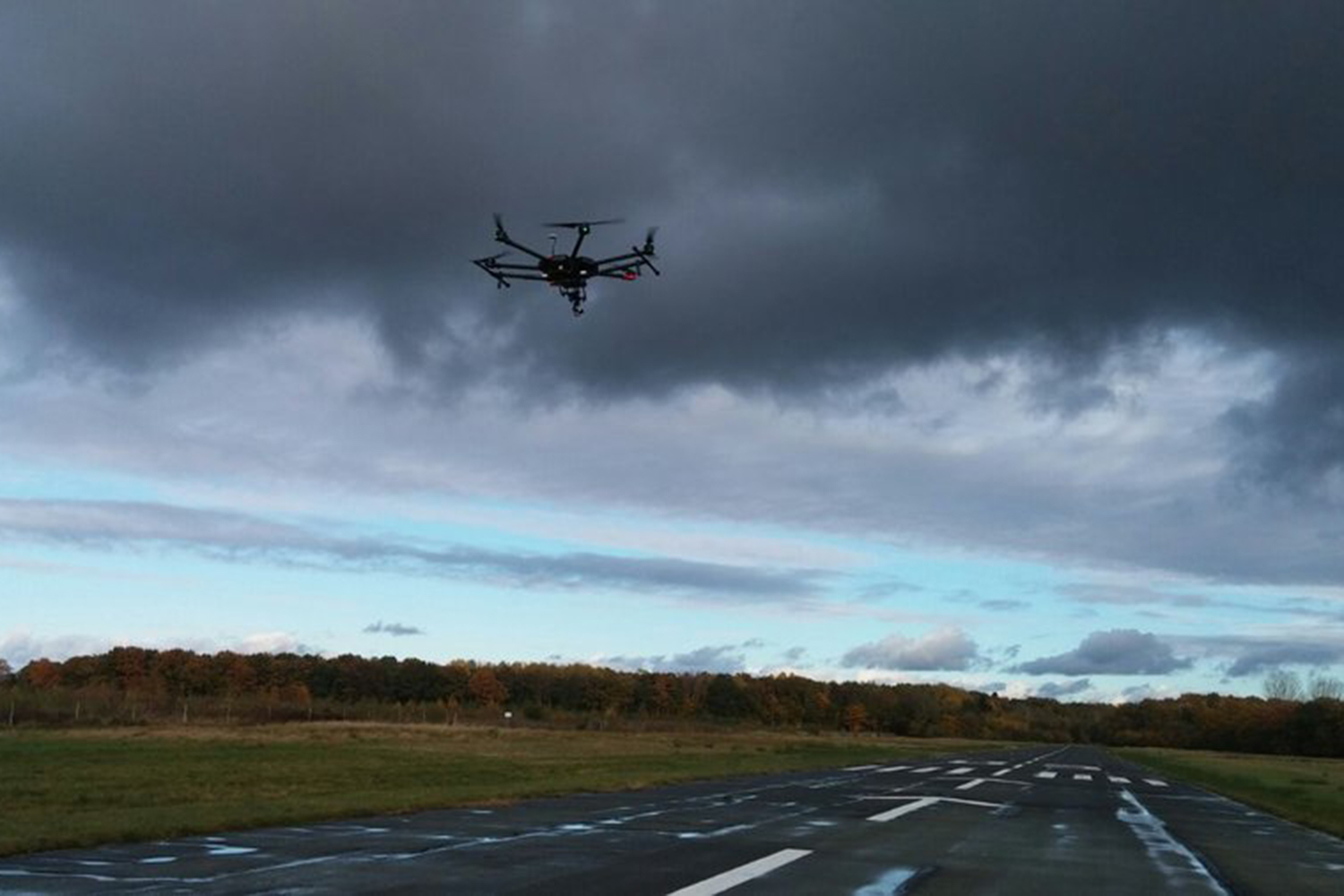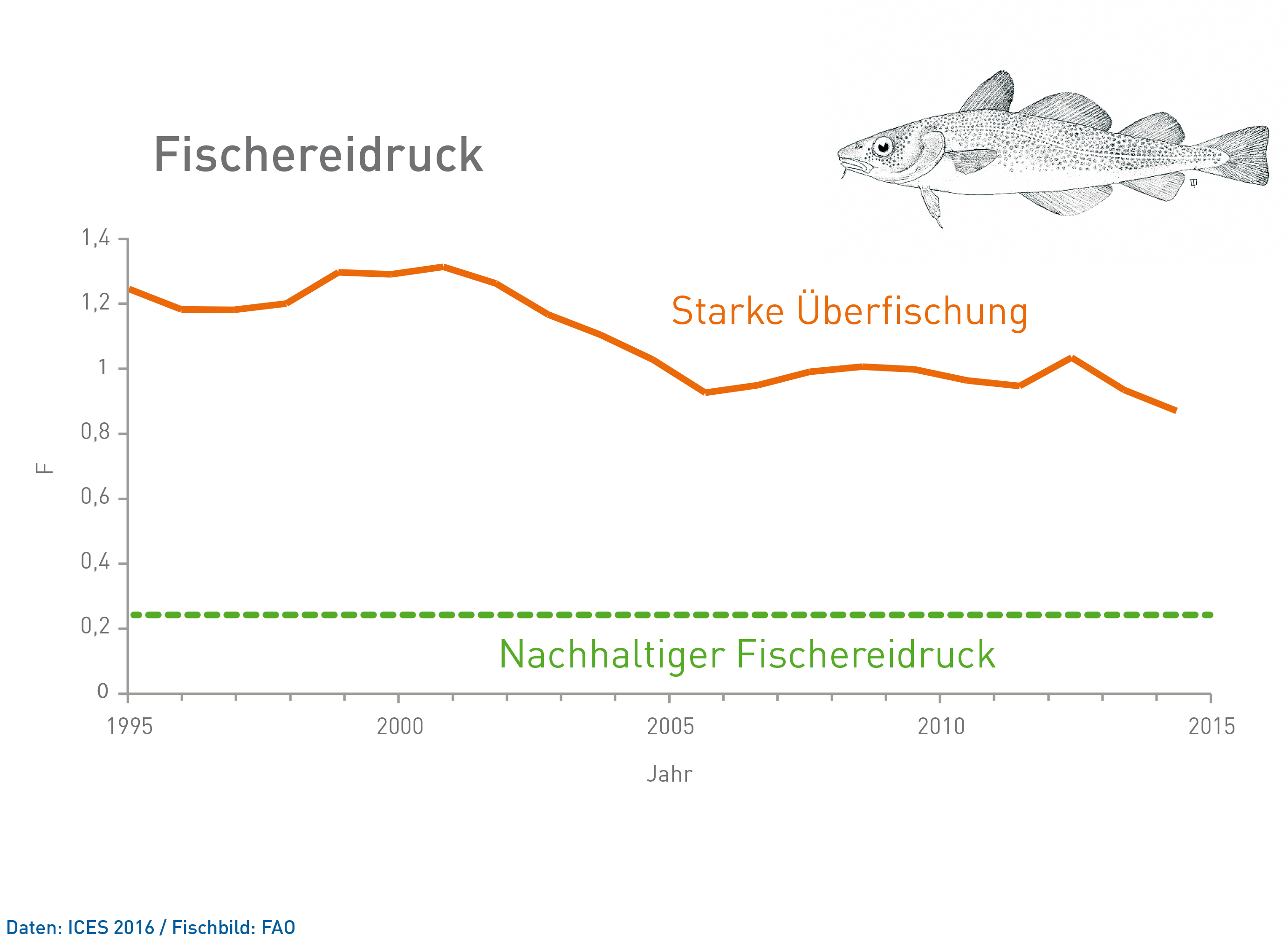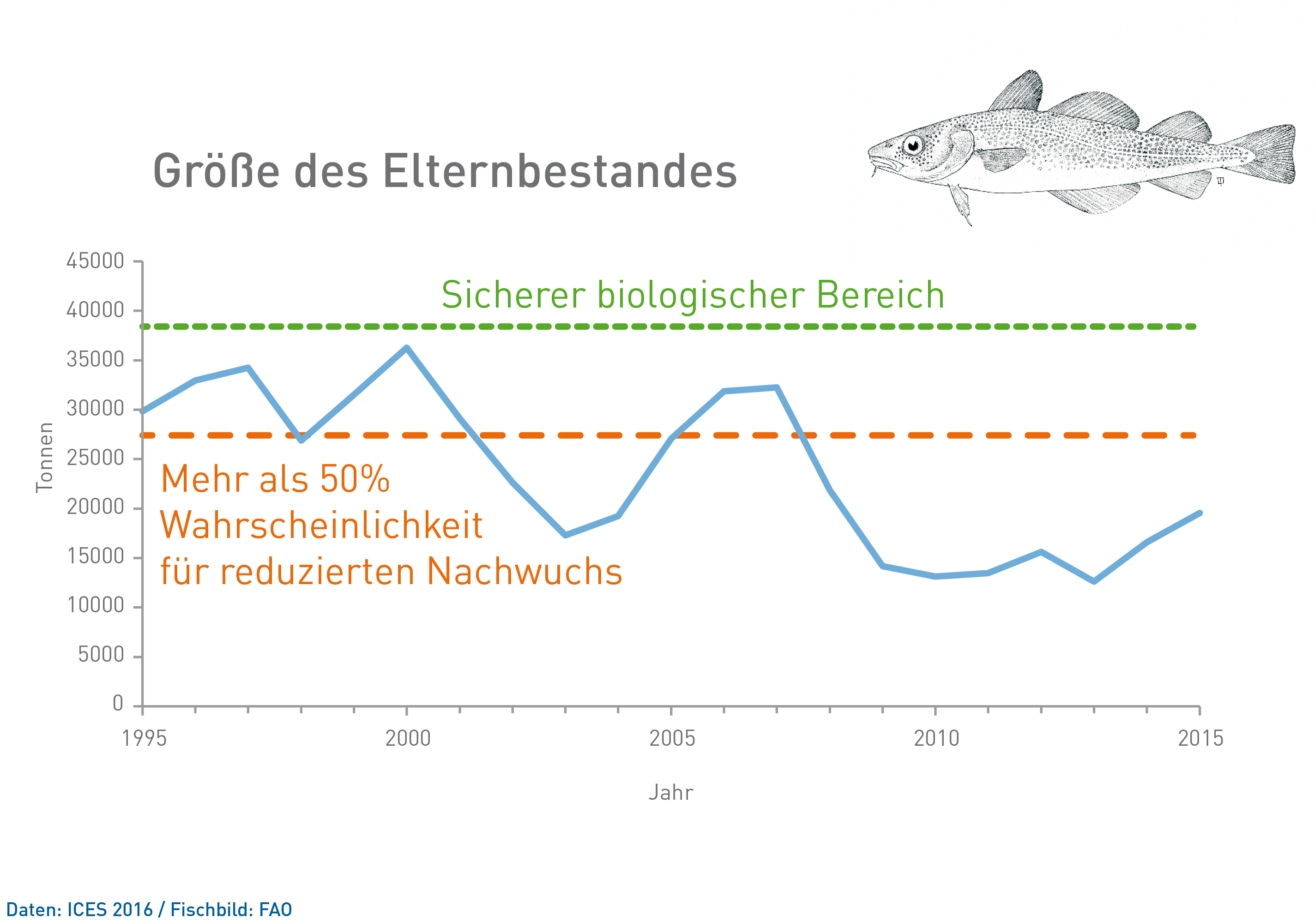"Neither the regulation of the fishing quota nor the financial compensation for the short self-imposed decommissioning of the affected fishing boats, which was adopted by the Budget Committee of the Federal German Government in October, contribute to a sustainable recovery of the stock," says fisheries biologist Dr. Rainer Froese from GEOMAR, one of the authors of the position paper. The researchers fear a collapse of the stock in the year 2019. According to the team of authors, all of the measures contradict the objectives of the Common Fisheries Policy (CFP 2013) of the European Union. "Actually, they demand fishing quotas which allow the stocks to recover and in this way provide a higher amount of catches in the long run," emphasizes Dr. Froese. The researchers from Kiel's Cluster of Excellence "The Future Ocean" have been dealing with the economic and biological consequences of overfishing of commercially important edible fish such as the Baltic Sea cod in interdisciplinary working groups for years.
The long-term overfishing has resulted in a cod stock in the western Baltic Sea which has been outside secure biological limits for years. The parent stock is currently so small that the normal reproduction rate is at risk. Since 2009 there has been a more than 50% probability that the offspring will be hampered or even absent. For years, ecosystem models from GEOMAR have shown a lack of young cod.
In September the European Council greatly reduced the fishing quota for cod in the western Baltic Sea and, for the first time, also introduced upper limits for sport fishing and recreational fishers.However, the quotas are still clearly above the scientific recommendations of the International Council for the Exploration of the Sea (ICES). "The stock is in a critical state, but the catches allowed are about twice as high as the scientific recommendation," emphasizes Dr. Froese. The catch quotas for the coming year, which are too high from a scientific perspective, will further decimate the weak year. But cod are only able to reproduce from an age of three years onwards. If the few remaining parent fish are caught before that stage, the stock is in danger of collapse. With ongoing fisheries pressure, the scientists from Kiel expect the collapse in the year 2019.
Specific measures to protect endangered stocks such as the closure of fisheries or the closure of specific areas - as the EU's Common Fisheries Policy would allow - have not been taken into account in the recent measures adopted by EU and German federal policy.
The financial assistance granted to fishers who temporarily suspend their fishing for up to three times for ten days for a period of their own choice is rather counterproductive, according to the authors. "This does not reduce the total amount of cod which the fisher takes from the Baltic Sea. The additional financial leeway, in view of the too high quotas, can lead to more fishing," explains the resource economist Prof. Dr. Martin Quaas from Kiel University and head of the working group "Sustainable Fisheries" in the Cluster of Excellence "The Future Ocean".
In their position paper, the researchers from Kiel therefore advocate for compliance with the scientifically determined maximum limits for catches. In order to secure the stock of cod in the western Baltic Sea on a long term basis, they also propose a suspension of commercial cod fishing and recreational fishing for at least two years. The financial aid could be used as compensatory payments for affected Baltic Sea fishers and fishing boats during a total ban on fishing. "Restrictive fishing quotas are also the most economically viable solution to quickly rebuild the stock and thus secure the economic base of fishing," Professor Quaas emphasizes. The researchers predict a potentially fast recovery and more profits for the fishers as well as large cod for the anglers in the western Baltic Sea if they comply with the proposed measures.
Link to the position paper
http://oceanrep.geomar.de/34979
http://oceanrep.geomar.de/34979/1/WarnungOstseedorsch.pdf
Links
www.futureocean.org
www.geomar.de
Contact
Dr. Rainer Froese, GEOMAR Helmholz Centre for Ocean Research Kiel, Research Area Marine Ecology, Evolutionary Ecology of Marine Fishes, Telephone: 0431-600-4579
rfroese@geomar.de
Prof. Dr. Martin Quaas, Department of Economics, Kiel University
quaas@economics.uni-kiel.de
Friederike Balzereit, Public Relations, Cluster of Excellence "The Future Ocean" Telephone: 0431-880-3032
fbalzereit@uv.uni-kiel.de
Jan Steffen, Communication and Media, GEOMAR Helmholtz Centre for Ocean research Kiel, Telephone: 0431-600-2811
presse@geomar.de
…
